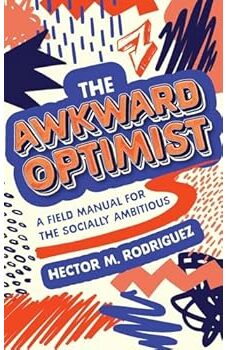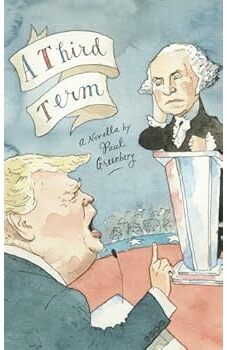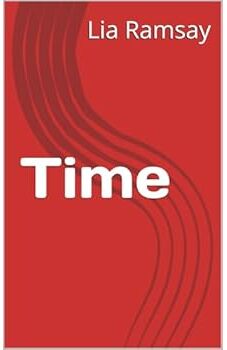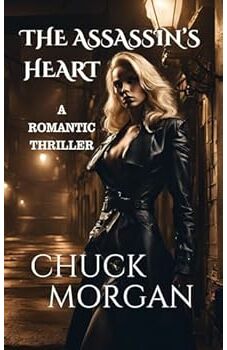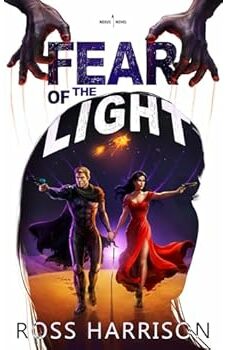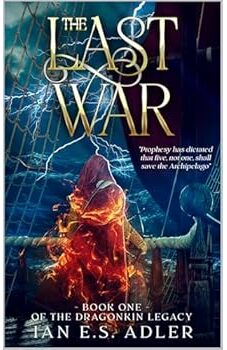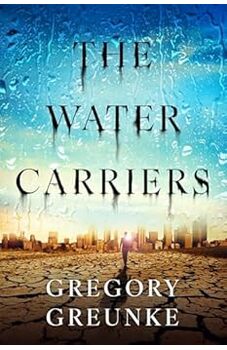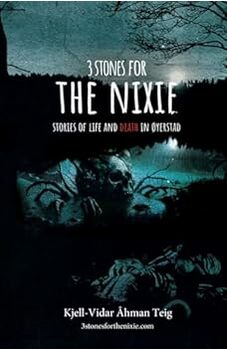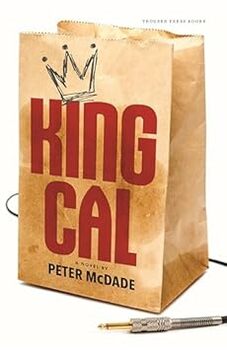Reviewed by Grant Leishman for Readers' Favorite
Eighteen Days in New York: A Novel about the 1924 Democratic Convention by Bill Lewers is an enthralling historical fiction novel with a touch of time-travel thrown in for good measure. Claudia Burnham was excited – a cub reporter for the Washington Chronicle, she had just received her dream assignment, travelling to New York to cover the 1924 Democratic Convention. This was her chance to make her name in the hurly-burly world of male-dominated journalism and politics. Her only problem was her male partner on the trip - the notoriously unreliable James Wigginton, who, true to form, seemed more interested in the delights of the flesh and the temptations of alcohol that New York had to offer. In the twenty-first century, Carl Marsden and his fiancée, Cindy, were looking at possible venues for their wedding when they arrived at their final option for the day. When Carl, a self-proclaimed politics aficionado, realized this venue was once the home of Senator Oscar W. Underwood, a Senator from Alabama who had sought the nomination for President at the 1924 Democratic Convention, he was intrigued. Told there was a trunk of the Senator’s old papers in one of the rooms, Carl begged to take a look at it whilst his fiancée checked out the wedding venue for them. Finding a diary of the Senator’s from the convention in 1924, Carl was enthralled and engrossed, until he started to feel light-headed and dizzy as his adventure began.
As a self-confessed political junkie myself, I was excited to read Eighteen Days in New York and I certainly was not disappointed. Author Bill Lewers has taken what these days is a fairly predictable exercise, the political convention, and reminded us what a truly chaotic and exciting adventure these conventions did actually used to be. The political intrigue, the backstabbing, the threats, the long days and equally long nights that made up these items of political theater in the early days are beautifully captured by the author. I loved the fact that Carl and Claudia had a familial connection to each other, through Carl’s fiancée, Cindy, and this just added another layer of authority and realism to what is sometimes a difficult concept to navigate for an author – time travel. The author’s use of these fictional characters to highlight what must go down as one of the most divisive and unusual political conventions in history was inspired. It was so easy to identify with Claudia, a feisty woman struggling to come to terms with not only a still very patriarchal society but a political process that had only just accepted women as equals in its ranks. Her interactions with Carl and his determination not to spill too much information about what was to come were the highlights of the story for me. This could have so easily turned into a dry rendition of an extremely long and tiresome process and that it never did is a definite plus for this author. I thoroughly enjoyed this solid read and will be looking to access the earlier books in this series. I can highly recommend this story.



